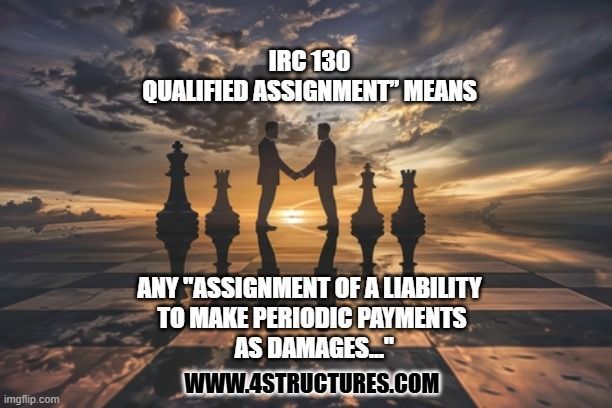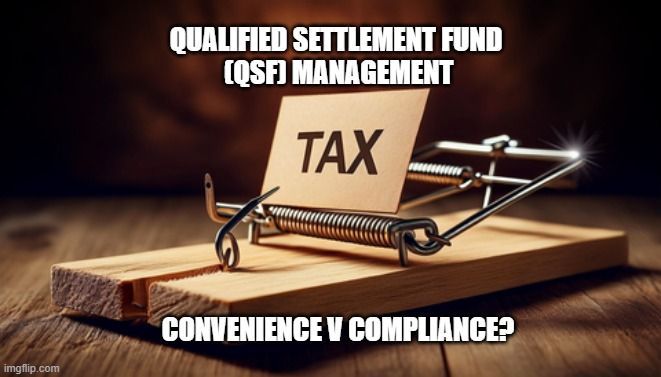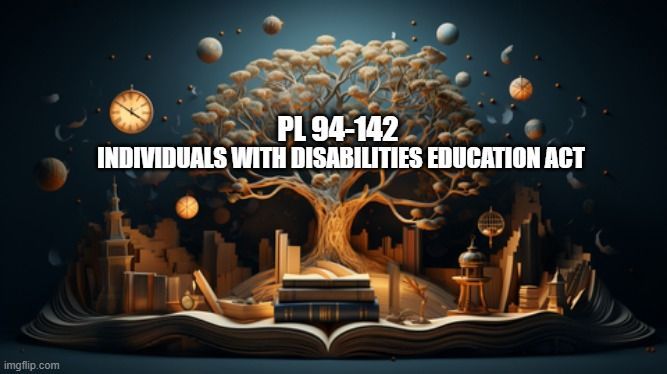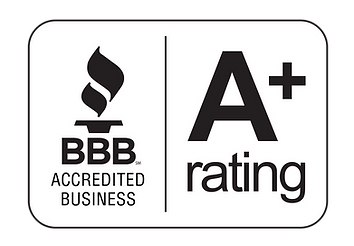Why Structured Settlement Payment is Late?
Likely Reason(s) Why A Structured Settlement Payment is Late
Structured settlement payments are stable and reliable and income tax free if paying for damages for personal physical injury or physical sickness, wrongful death, workers compensation or wrongful incarceration. But what happens if they are late?
Reasons that a structured settlement payment could be late or missing
1. Payee moved but has not yet notified the annuity issuer of their change of address
The payee has not notified the structured settlement annuity issuer's customer service department
What should you do?
a. If payments are being made by check, then you must do the following:
Notify the customer service department so they put an stop payment on the missing check and they will mail the replacement check.
Set up electronic deposits to your checking or savings account.
b. If payments are made electronically they should not be late even if you have moved, unless you have changed banks too. See next point.
2. Payee has direct deposit but has changed banks
If you change banks you will need to complete a new direct deposit request with the structured settlement annuity issuer, or issuers if you have more than one structured settlement annuity. If you change banks and residence address then you will have two items to change on the insurer's records. Allow at least 30 days for a bank change to be safe.
3. Payee has died.
For anyone with a social security number, there is a master database known as the Social Security Death Master File. However, the Death Master File has nothing to do with "Darth Vader". It is a central database which pulls in information from various sources when someone dies so that action can be taken to assure that the Social Security Retirement and other government benefits have not overpaid. Insurers also use the Social Security Death Master and so it is possible that they might stop payments until a claim is filed and. Insurers typically pay interest from date of death until the date a claim is paid.
4. Scheduled payment date falls on a holiday
a. if payment is made by direct deposit, the payment should arrive until the next business day. Wait to see if the payment arrives then before sounding the alarm bell.
b. if payment is made by check, insurers typically mail checks 5-9 days prior to the check being due in an effort to assure payments arrive on time. It is an automated process, but it is possible that if the payment date and holiday falls on a Friday whe there is no mail service, it may not arrive until Monday.
Occasionally the postal service may experience delivery delays due to high volumes, weather, or other issues such as service cutbacks that beyond the control of the annuity issuer. See USPS faces bipartisan pushback as it ramps up consolidation efforts - Government Executive (govexec.com). If you have not received your check five (5) business days after the due date, please contact the annuity issuer.
We encourage people to use direct deposit.
Last updated August 6, 2023
















